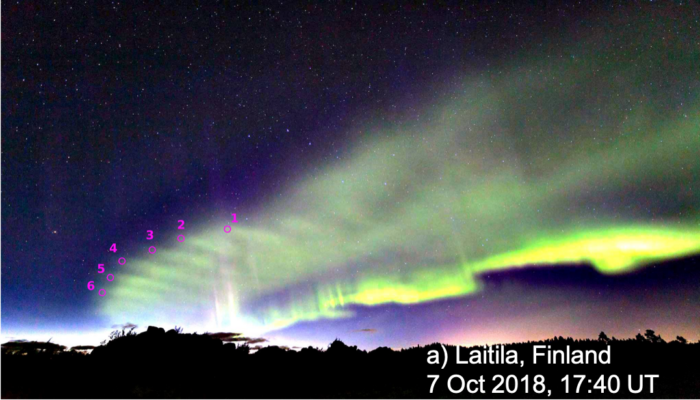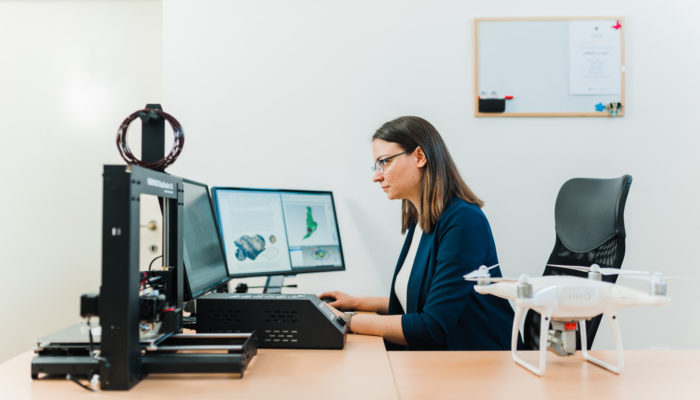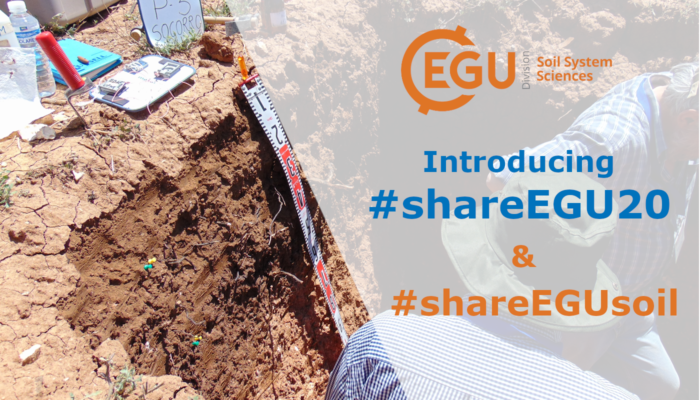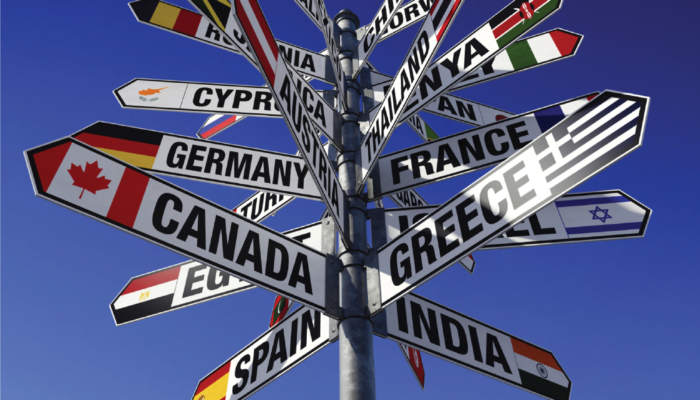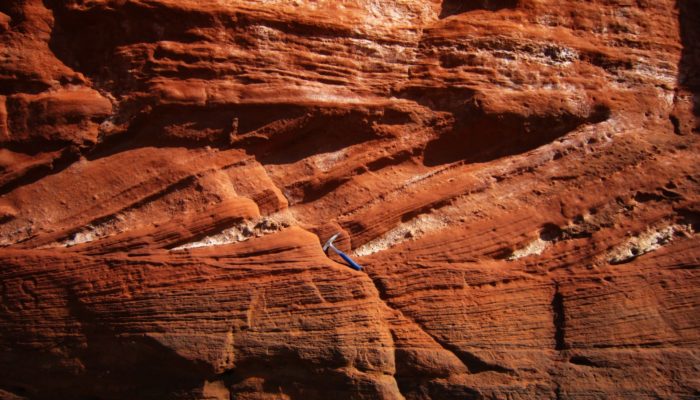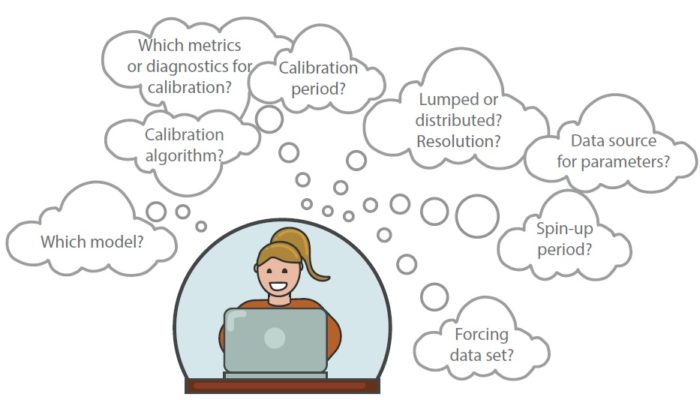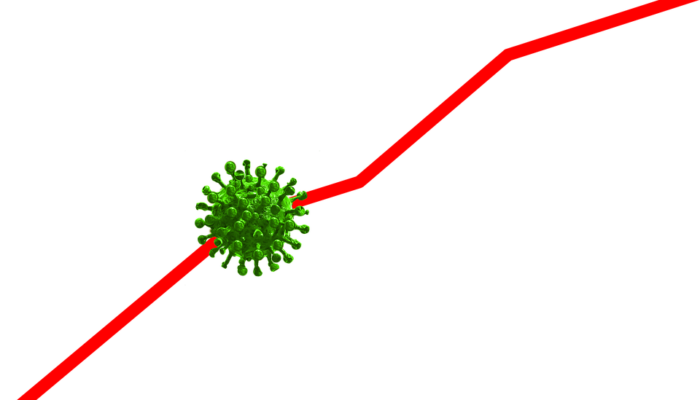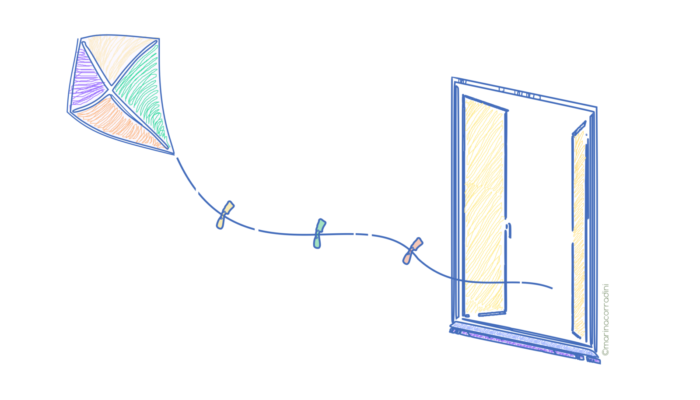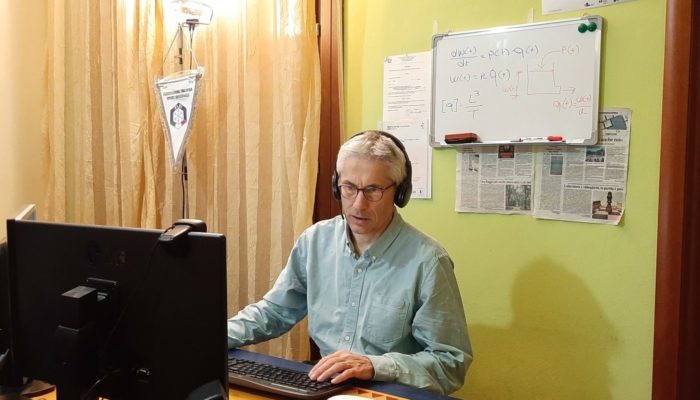The region of the Earth’s atmosphere lying at altitudes between about 80 and 120 km, corresponding to the mesosphere–lower thermosphere–ionosphere (MLTI), is often referred to as the “ignorosphere”, because its observation is so challenging that only a handful of measurements of its composition, temperature and other physical parameters have been obtained over the last few decades. It is, however, ...[Read More]
If you didn't find what you was looking for try searching again.
Geology for Global Development
Building trust through effective science communication
Barbara shares ideas on effective science communication. She explains why we should be interested, based on her own observations of emerging movements such as Flat Earthers and climate change deniers in the US and Brazil. How can we build trust in science? I would like to make an invitation to all my fellow scientists. Let’s make our research accessible! Use social media, Instagram, YouTube, Twitt ...[Read More]
Seismology
Representing the Possible: Dragana Ðurić
Hello Dragana, what is your story? My name is Dragana Đurić and I am a Ph.D. in Geophysics and Assistant professor at the University of Belgrade, Faculty of Mining and Geology, Department of Geophysics. My journey within the geophysics started in 2004 when I enrolled in my undergraduate studies. To be honest, geophysics wasn’t my first choice, but after I had finished the first year, I had ...[Read More]
Soil System Sciences
Trying out the virtual #EGU20 (spoiler: we made it, so should you!)
Firstly, we hope that all of you, as well as your relatives, are staying healthy and safe at home. COVID-19 has spread around the planet, sending billions of people into lockdown. We are sure that we can overcome this crisis by supporting each other and making our best with our individual actions. As you have probably noticed, the physical EGU General Assembly 2020 has been officially cancelled. D ...[Read More]
Geodynamics
The challenges (and the perks) of being academic nomads
It has become inevitable for scientists to move abroad for their jobs. Moving to and living in a new country can be a very exciting, yet also tough experience. In today’s blog post, Irene Bonati (PhD Student at the Earth-Life Science Institute, Tokyo) discusses the challenges and perks that come with the nomad lifestyle of many academics. Research provides a kind of freedom that almost no ...[Read More]
GeoLog
Imaggeo on Mondays: Red triassic sandstone
As child growing up on the south coast of Devon in the UK, I never really realised that our beaches were unusual. A glorious, glowing orange-red colour, the cliffs that you can see in this photograph by Sarah Weick produced similarly red sand beaches and warm ochre soils. The bright colour is the result of the sandstone and conglomerates of these rocks, collectively called the New Red Sandstones, ...[Read More]
Hydrological Sciences
On modelers and modeling
Several studies were conducted and are ongoing where we investigate modelers, modeling decisions and modeling perceptions. Below I discuss the rationale and a summary of the (preliminary) results. Simulation models, conceptualizations of processes into a system of mathematical equations (hereafter simply referred to as models), are frequently used tools in the hydrological sciences. The literature ...[Read More]
Nonlinear Processes in Geosciences
How Climate Sciences can help in understanding uncertainties in Covid-19 epidemic projections
COVID-19 is currently affecting over 180 countries in the world and poses serious threats to public health as well as economic and social stability of many countries. Modeling and extrapolating in near real-time the evolution of COVID-19 epidemics is a scientific challenge, which requires a deep understanding of the factors undermining the dynamics of the epidemics. Despite the importance of havin ...[Read More]
Seismology
Creating Value for Safety: from earthquake preparedness to pandemic outbreak response
Disasters happen world-wide, almost every day. If you are an earthquake seismologist (or engineer), chances are good that seismic hazard is in your daily diet. Developing an earthquake scenario, estimating the seismic hazard, assessing the risk, regulating the land use: we usually conduct these tasks to limit the socio-economic impact of a seismic event. However, when planning and coordinat ...[Read More]
GeoLog
A message from EGU President Alberto Montanari on what geoscientists can do to help mitigate the impact of COVID-19
What can the Earth, planetary and space sciences do to help mitigate the impact of COVID-19? While I am considering this challenging question, I am looking out of the window of my home in Italy, in Reggio Emilia. I am close to the epidemic center of the Italian outbreak of COVID-19. I have been at home for the last two weeks without going out, something which I have never experienced before. Sudde ...[Read More]

